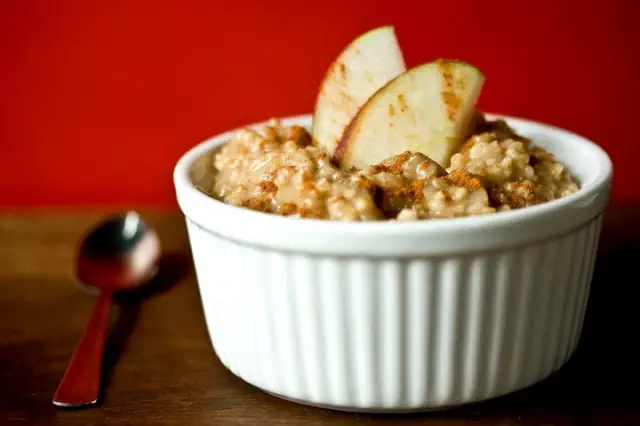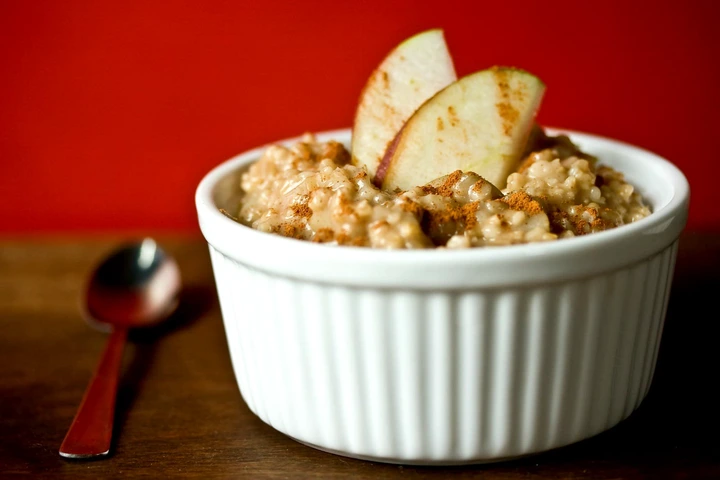
View pictures in App save up to 80% data.
Support One Green Planet in maintaining its free and independent voice! By joining forces, we can continue to make our platform a source of empowering ideas dedicated to promoting a sustainable, healthy, and compassionate future. Your help is vital in sustaining our mission.
Your endocrine system controls more aspects of your health than you can imagine, with various hormones acting as messengers to the body that conduct an orchestra of bodily functions every minute of the day. It can be easy to eat solely for pleasure or routine without giving much thought to how foods “direct” your cells, but when we relate the foods to what we eat, to how we feel and function, food looks completely different and appears as much more than a few seconds of indulgence.
Though diet alone cannot control your hormones, it is one major factor in how your hormones function. Sleep, the type of exercises you choose, stress levels, and your medical history and stage of life will also affect your hormones. However, food plays more of a part than most of us give it credit for. Not one food can change your hormones, but like exercise and healthy lifestyle tips, every little bit adds up. So, the best way to eat for your hormonal health, is to make small choices every day that create a healthier you.
Here are several foods that support hormonal health and the mechanisms behind their benefits:
Select Berries

View pictures in App save up to 80% data.
Berries are an excellent source of antioxidants for the brain and heart, but they’re also powerful hormone boosters. Berries help boost testosterone in men, they fight off harmful and excess estrogens in the body that cause imbalance, their fiber helps sweep out cholesterol and harmful “mock” estrogens from the environment that destroy your reproductive functions, and they also help fight disease overall. Berries are also low-glycemic, which puts less of a strain on your insulin levels to manage your blood sugar and reduce cortisol (a stress hormone that rises with insulin). The superfood amla berry has also been linked to better hormone health and is now popping up everywhere in superfoods and even multivitamins.
Overall, go for frozen or fresh, and try to avoid canned or dried berries that often come with preservatives such as sulfites or added sugars. Try a berry smoothie, and feel free to add some fresh or frozen berries to your next batch of hormone-healthy oatmeal!
Embrace the Greens
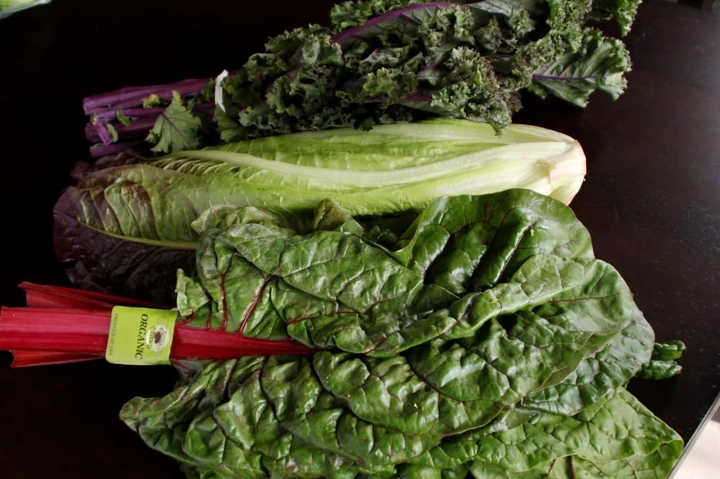
View pictures in App save up to 80% data.
Greens are also full of hormone-boosting goodness. They’re chock-full of chlorophyll and fiber that both protect your blood sugar. When the body is acidic, you naturally crave more acidic foods (sugar, caffeine, red meat, dairy, refined grains) and your insulin levels become more sensitive. When the body is alkaline, you’ll be more inclined to lean towards healthier foods that it knows will help you feel well and keep you balanced. Think greens, veggies, fruits, more raw foods, etc. Though you need a mix of both acid and alkaline foods in the body, overly acidic foods like the aforementioned are not a good way to achieve that balance. Greens also contain magnesium, which levels out your hormones by regulating the nervous system, insulin and improves serotonin levels. Cruciferous greens such as kale and vegetables like broccoli also bind with harmful estrogens in the body to eliminate toxins that interfere with hormone function.
Reevaluate Where Your Milk Comes From
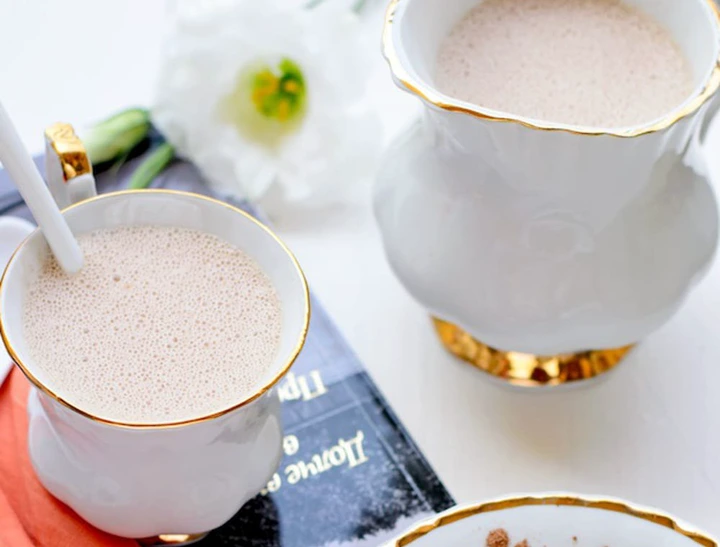
View pictures in App save up to 80% data.
Most of you probably already use a healthy milk alternative, such as almond or coconut milk in place of cow’s milk dairy options. We love cows, but we sure don’t like what happens when we consume their milk (made for them, not us!). If you haven’t made the switch to minimally processed plant-based milks, consider doing so to improve your hormones by tenfold. Dairy contains excess estrogen and other hormones (possibly up to 60 per serving) that your body simply doesn’t need to function at its best. Dairy can also put a strain on digestion, which can interfere with your overall sense of well-being. Lastly, it contains a growth hormone factor that stimulates insulin in the body, which can mess with your blood sugar and lead to diabetes or contribute to it.
Embrace the Power of Whole Grains
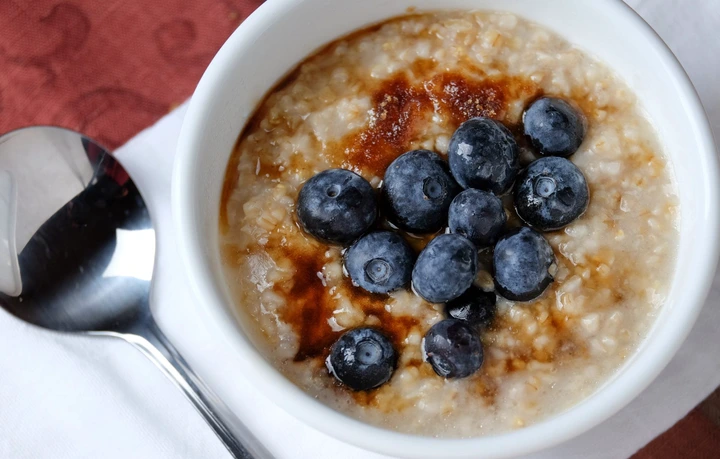
View pictures in App save up to 80% data.
Many people avoid grains and even gluten nowadays but they’re not all bad like they’re made out to be. In fact, whole grains have been linked to a longer lifespan (especially in place of meat), and are some of the best foods for keeping you full for long periods of time. If you’re not digesting your grains well, be sure to just soak them overnight before using the next day and consider going with some that are easier to digest. While they are less processed, whole oat groats or even hulled barley, whole quinoa, and other completely unprocessed forms of grains might be tough on your stomach at first since they take more work to break down. If you find they don’t settle well, go for slightly more broken down (but still whole) forms such as rolled and flaked versions instead. Your body will still benefit from these and they will still digest slowly, but more easily.
Whole grain rolled oats, barley flakes, quinoa flakes, rye flakes, millet, amaranth, and teff are all some of the best linked to better blood sugar levels. Don’t ditch gluten altogether either – some people find they’re just sensitive to wheat and not barley and rye (two amazing grains for binding with excess hormones and improving blood glucose in the body). They also help improve serotonin levels and can ward off depression. If grains still don’t suit you, be sure to eat a variety of root vegetables instead.
Eliminate the Sugar
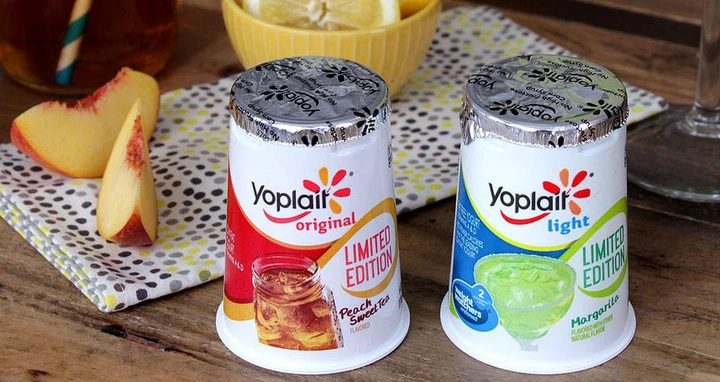
View pictures in App save up to 80% data.
No one likes to be reminded that sugar is harmful, but when it comes to improving hormones, sometimes the truth hurts. Sugar isn’t just acidic; it’s also hard on the body overall, especially to your hormones. We’re not talking fruit here either, but the added sugars found in everything from protein bars to yogurt, to cereals, and even “healthy” sweeteners. Remember, no matter how “natural” a sugar source is, when it’s not in the whole food form, it’s not the best for your blood sugar. Agave, maple syrup, and even coconut sugar or molasses may be healthier than white sugar, but they’re still not a whole food and very high in empty calories.
One teaspoon has nearly as many calories as some oils and all those calories come from sugar. These added sweeteners also have more sugar than a cup of berries and no fiber to slow down the glycemic rush in the body when they’re consumed. Plus, you just don’t need them. If you do find you need a sweet fix, either stick with fruit, naturally sweet foods, or choose a natural, liquid and organic stevia product free of additives instead. Your insulin and overall endocrine system will function much better without added sugars (and animal products) on a long-term basis.
Don’t forget to rethink your lifestyle choices to take care of your hormones and eat a balanced diet. Though different variations of eating work for everyone, with the five tips above, your hormones will be on their way to better health in no time.
Discover the Art of Preparing Plant-Based Dishes in Your Own Kitchen
Reducing your meat intake and eating more plant-based foods is known to help with chronic inflammation, heart health, mental well-being, fitness goals, nutritional needs, allergies, gut health, and more! Dairy consumption also has been linked to many health problems, including acne, hormonal imbalance, cancer, and prostate cancer, and has many side effects.
For those of you interested in eating more plant-based we highly recommend downloading the Food Monster App — with over 20,000 delicious recipes it is the largest plant-based recipe resource to help reduce your environmental footprint, save animals, and get healthy! And, while you are at it, we encourage you to also learn about the environmental and health benefits of a plant-based diet.
For more Animal, Earth, Life, Vegan Food, Health, and Recipe content published daily, subscribe to the One Green Planet Newsletter! Lastly, being publicly funded gives us a greater chance to continue providing you with high-quality content. Please consider supporting us by donating!
